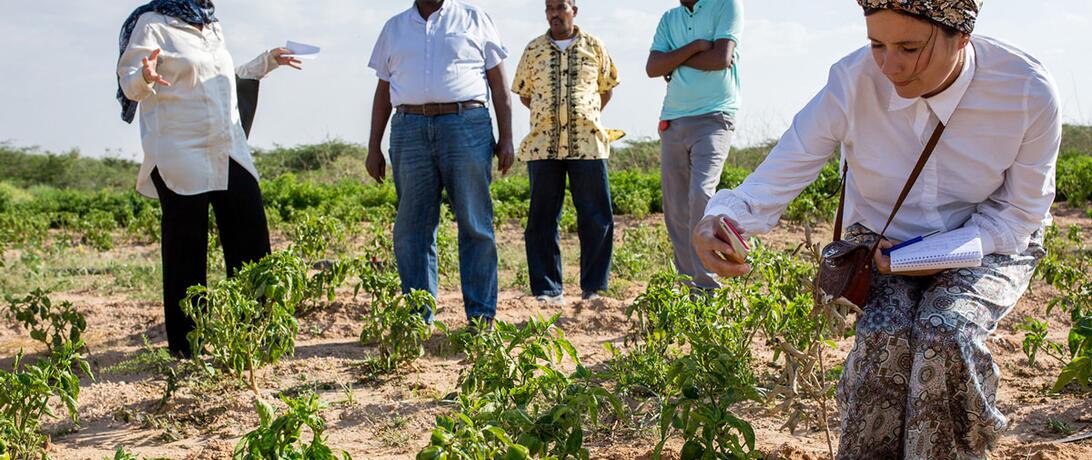
Shuraako hosted the Swedish International Development Cooperation Agency (SIDA), our partner in a low collateral Murabaha program, in Somaliland to meet with participating banks and see the on-the-ground impacts.
Shuraako’s Low Collateral Murabaha Program in partnership with the Swedish International Development Cooperation Agency (SIDA) and Somali banks has been a critical fund in the region for providing access to capital for individuals, particularly youth and women, high risk productive sectors like fishing and agriculture, and small to medium enterprises (SMEs) that would traditionally be passed over by banking institutions. Murabaha, also referred to as cost-plus financing, is an Islamic financing structure in which the seller and buyer agree to the cost and markup of an asset. The Low Collateral Murabaha program provides essential investment in applicants that have the capacity for repayment but often lack the ability to receive a loan due to limited collateral and other non-financial credit challenges.
This program substantially reduces economic barriers and opens up the market to individuals that are often left out of traditional structures of funding, creating a balanced and less hierarchical path to economic growth and opportunity. This creates more jobs, stabilized economies, and a necessary entrepreneurial pipeline for those who are often overlooked by conventional investing. We know that peaceful communities thrive when opportunities exist for everyone, despite age, gender, or status, and the Low Collateral program facilitates this process.
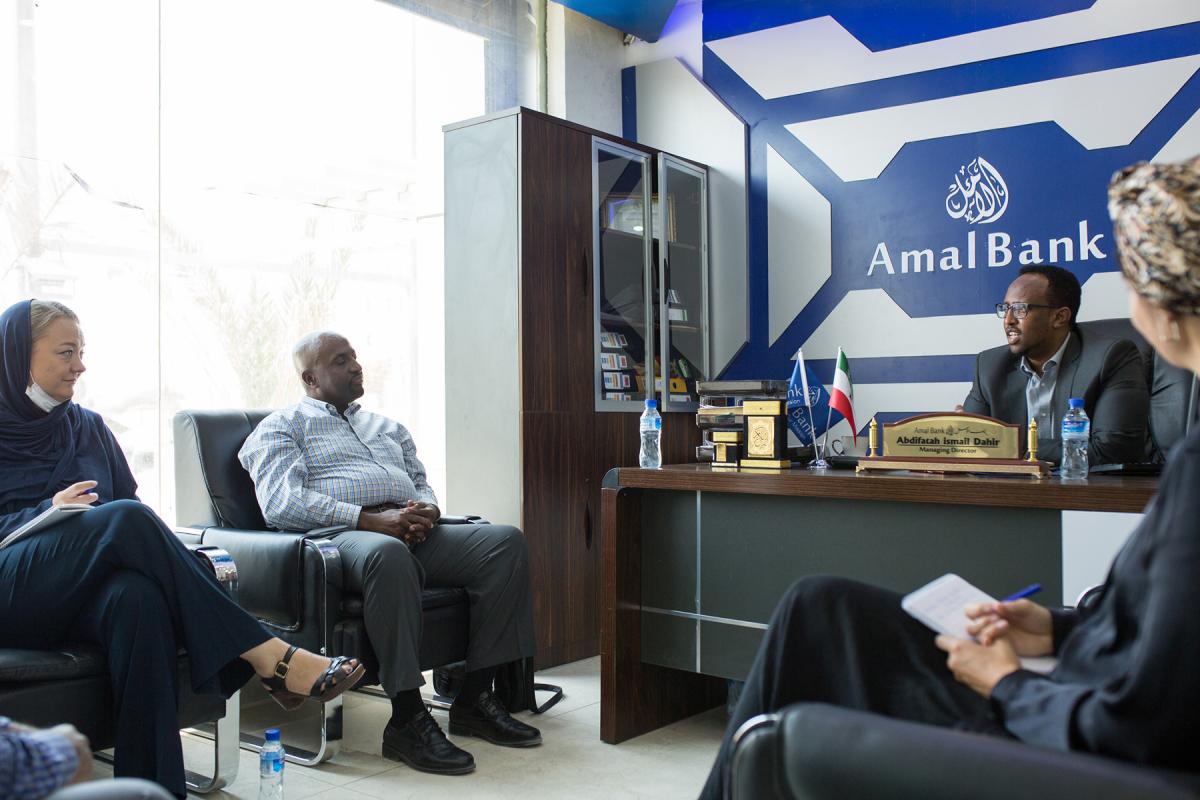
This program was launched in 2018 in partnership with SIDA and Somali banks like Dahabshiil International, Premier Bank, IBS, and Amal Bank, with Shuraako acting as the fund manager. SIDA is Sweden’s government agency for development cooperation and works with, among others, multilateral organizations and the private sector to create sustainable, long-term development that fosters better living conditions for individuals in impoverished or conflict affected zones. Participating banks facilitate the loans while Shuraako oversees the qualification and application process, coordinates with the banks to perform due diligence, and manages reporting on the program.
Project sizes can range anywhere from $2,000 to $150,000, with loans operating under Sharia compliant debt financing agreements that target women and youth owned SMEs. The loans are dispersed across 109 businesses, in a myriad of services and businesses that support a well-rounded economy from retail and manufacturing to agriculture and transportation.
Applicants demonstrate that the proposed services will lead to any or some of the following impacts: creation of new jobs (preferably for women and youth), creation of new markets for primary producers, increased income of primary producers or increased job security of primary producers.

A SIDA delegation recently visited Somaliland to meet with participating banks and see the on-the-ground impacts of the program. Along with meeting Somaliland government officials and private sector organizations, the delegation visited several businesses in the Somaliland region to see the impact of investment in SMEs, youth, and women and the general success of the Low Collateral Murabaha Program.
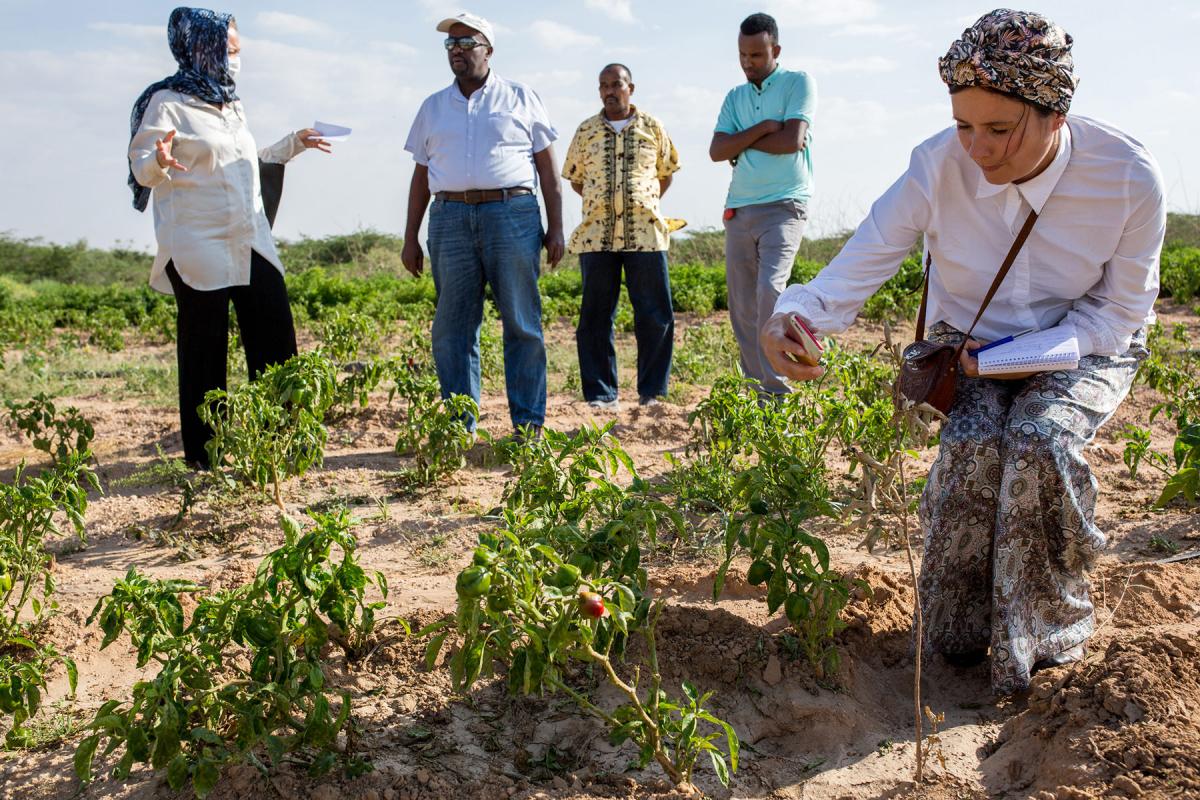
Huruuf Farm is owned by a young Somali, Mohamed Shucayb Mohamed, who is creating more jobs for youth in Hargeisa. The business employs four young individuals and has used investments through the program to install greenhouses, increase seeds and sowing capabilities, and provide trainings and agro-support.

Smart Kaluunle is a fishing business that has created five jobs in the region through investment’s from Shuraako and has been able to purchase fish products to support the community like Tuna, Jacks, and Kingfish. Businesses like Smart Kaluunle play a pivotal role in food security in the region.
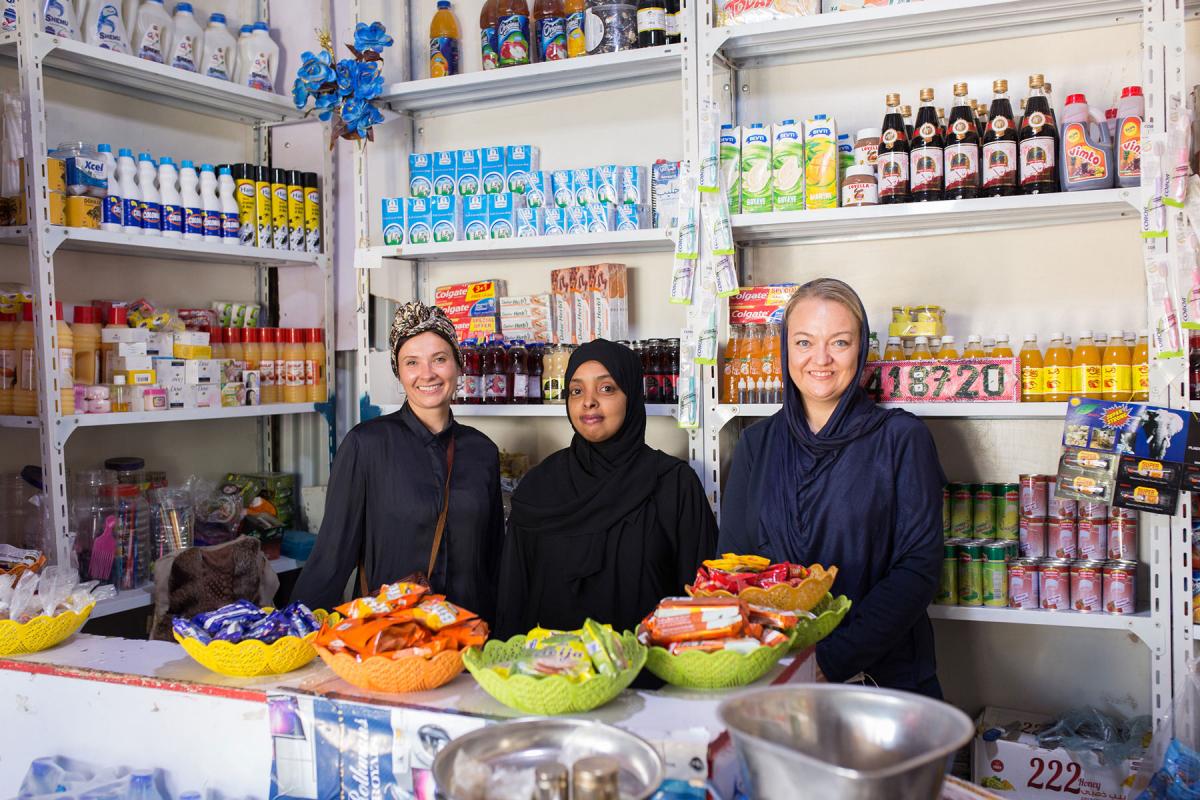
Al Rahman SuperMarket is a woman-owned business in Hargeisa, established in 2020, that operates as a grocery and employs a number of Somalis. Through the investments made, Al Rahman was able to grow from four employees to eight employees and increase the amount of goods available for the community.
“To unlock access to finance for women and youth especially is much needed in order to stimulate entrepreneurship, to grow the MSME sector and to create jobs, which in turn will increase self-sufficiency, equality and ultimately contribute to poverty reduction,” comments Paula Kermfors, First Secretary at SIDA and the Embassy of Sweden. “These factors are also important prerequisites for long term socioeconomic development, stability and peacebuilding in the country.”
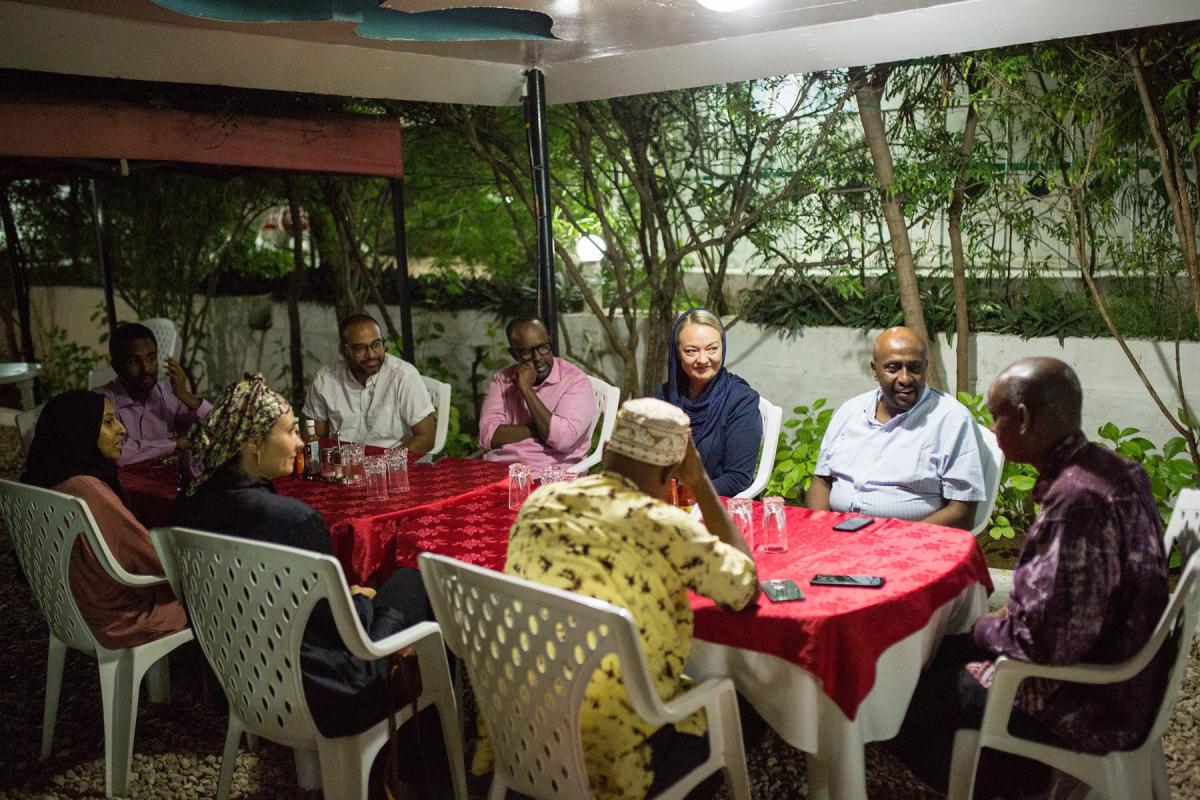
The UNDP Somalia Human Development Report in 2012 estimated the Somali youth (14-29) unemployment rate to be around 67%, one of the highest in the world. With 70% of the population being 30 or under, it is critical to support new youth enterprise creation and growth as a key to generating employment in Somaliland. This requires the creation of an effective ecosystem which enhances the ability of Somalis, particularly youth and women, to create their own employment opportunities through enterprise creation and access to finance. As women continue to make strides in the region, SIDA, Shuraako, and the program work to ensure that these opportunities break through the gender divide.

Increasing access to enterprise credit has shown considerable gains in poverty alleviation, job creation, financial independence and supporting a savings culture. The Low Collateral Murabaha Program seeks to ensure that all members of Somali society can thrive and join the economic process, spurring more creativity and independence. By creating a more inclusive investing process that thinks creatively outside the realms of the classic equity model, there is an opportunity to bring sustainable peace by taking the “zero-sum” game and expanding the pie.
Learn more about Shuraako’s work and get in touch with them here.
Article Details
Published
Topic
Program
Content Type
News